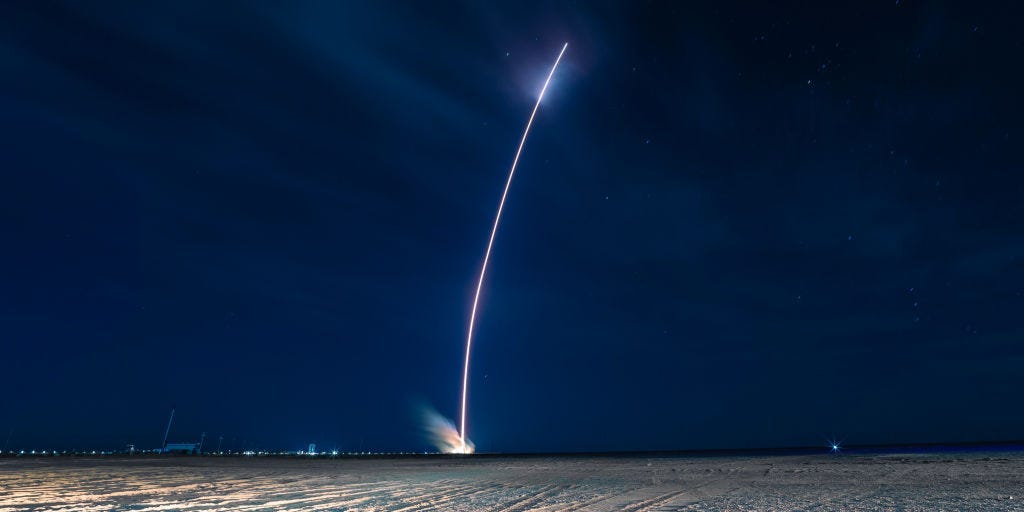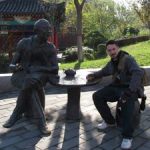
- China tested a hypersonic weapon in late July that alarmed some US military leaders.
- New reporting suggests the weapon fired something off over the South China Sea mid-flight.
- One military leader said last week the test "should create a sense of urgency" for the US military.
The hypersonic weapon China tested this summer, alarming US military leaders, fired something off in mid-flight while inside the atmosphere somewhere over the South China Sea, The Financial Times reported, citing people familiar with the intelligence.
Details about the July test have been leaking out since FT first reported the test last month, revealing that the hypersonic weapon tested orbited the planet before racing toward its target.
FT has characterized the weapon as a kind of fractional orbital bombardment system like what the Soviets developed during the Cold War, but with a hypersonic glide vehicle rather than a traditional warhead.
Reporting that the Chinese hypersonic weapon released a projectile, possibly a missile or some form of countermeasure, in flight was confirmed by US officials who spoke with The Wall Street Journal.
China has denied testing a weapon, claiming that it tested reusable spaceflight technology, but US military leaders have described the test differently in public comments.
"What we saw was a very significant event of a test of a hypersonic weapon system. And it is very concerning," Chairman of the Joint Chiefs of Staff Gen. Mark Milley said during a Bloomberg TV interview. "I don't know if it's quite a Sputnik moment, but I think it's very close to that. It has all of our attention."
Gen. John Hyten, the vice chairman of the Joint Chiefs of Staff until he retired from military service at the end of last week, also described the test in an interview with CBS News.
"They launched a long-range missile," he said. "It went around the world, dropped off a hypersonic glide vehicle that glided all the way back to China, that impacted a target in China."
Hyten said that "from a technology perspective, it's pretty impressive" but added that it perhaps fell short of being a Sputnik moment.
"Sputnik created a sense of urgency in the United States," he said. "The test on July 27 did not create that sense of urgency. I think it probably should create a sense of urgency."
Neither general mentioned anything about the weapon system firing off a projectile inside the atmosphere, potentially a demonstration of an advanced capability, though it is difficult to say with certainty given the limited information available.
FT reported that US military scientists at the Defense Advanced Research Projects Agency are looking into how China managed to release a secondary payload from a hypersonic glide vehicle.
Reports on China's hypersonic weapon testing come as the US strives to develop its own hypersonic weapons, which fly at speeds in excess of Mach 5, five times the speed of sound, and can maneuver along unpredictable paths to skirt missile-defense systems, to compete with China and Russia.
Gen. David Thompson, vice chief of space operations for Space Force, warned over the weekend that the US has "catching up to do very quickly" if it wants to remain competitive with hypersonic weapons.
"We're not as advanced as the Chinese or the Russians in terms of hypersonic programs," he said.
Last month, Hyten lamented the slow speed at which the Department of Defense is pursuing hypersonic missiles, urging his successor to reinsert speed into the process.
